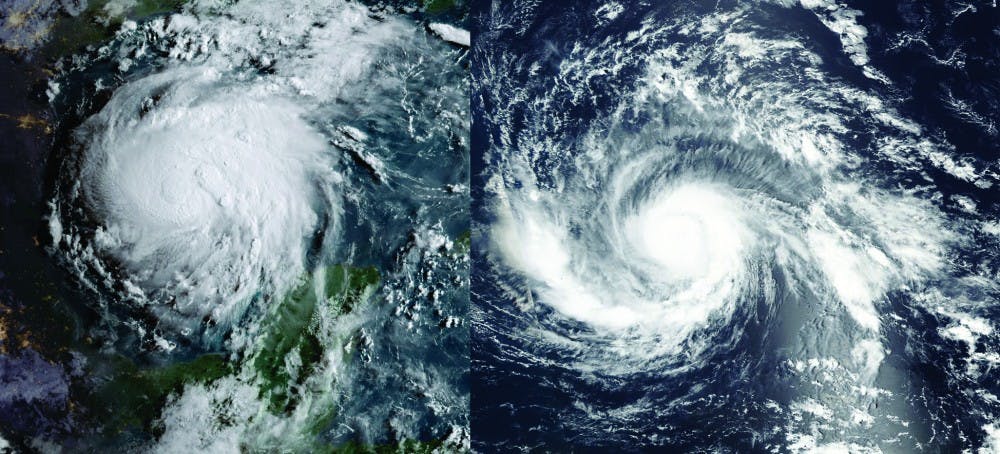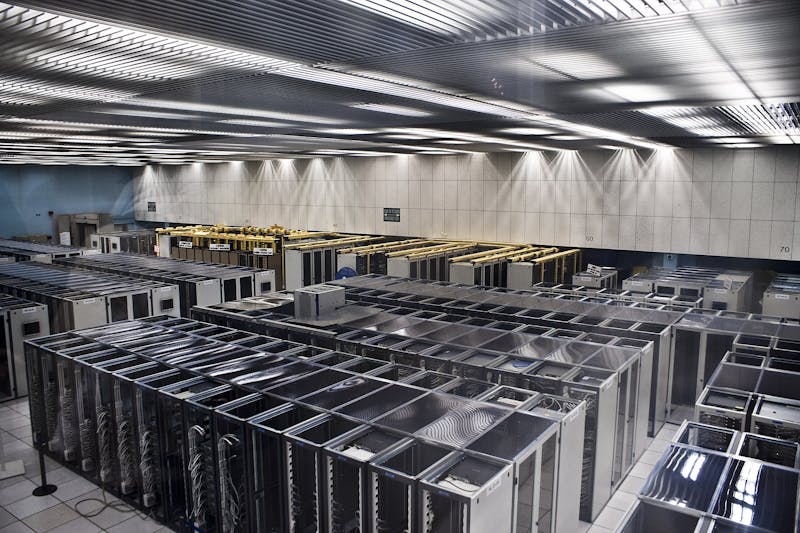A mere two weeks after Hurricane Harvey made landfall in Eastern Texas, another major hurricane — Hurricane Irma — left a path of destruction as it passed through the Caribbean, Florida and the rest of the Eastern Coast of the U.S.
Seeing as Harvey was the first major hurricane to make landfall in the U.S. since 2005, it is safe to say that two major hurricanes hitting the U.S. in such a short span of time is rare. It’s also very, very expensive. Harvey’s estimated cost alone is $190 billion, according to USA Today, making it costlier than Hurricane Katrina and Superstorm Sandy combined. So, we asked ourselves, who should foot the bill and provide aid for disaster relief — the government or its citizens?
The answer is both. One of the basic functions of government is to provide for the public’s welfare, and in no other situation is its assistance needed more than in a disaster area. The government’s resources, preparation and ability to mobilize and communicate in a disaster situation is crucial. It is hard to say, but we doubt that any large-scale civilian effort would be able to match that of the government’s.
With that being said, though, it is important for citizens to chip in and shoulder what they can regarding these efforts, much like we have seen in the wake of Harvey. If you have a boat and are able, help evacuate those who are stuck. If you can provide a hot meal for your neighbor, do it. Even if you can only spare just a few dollars, give what you can. It helps more than you know.
Please do not reserve goodwill toward these efforts strictly during and immediately after the storm hits, either. The cleanup and recovery will inevitably take years, as we have seen in New Orleans where some areas remained damaged from Katrina some 12 years later. It is hard enough for people to deal with the toll that these hurricanes inflict, but it is even harder when these large efforts subside and people are left to fend for themselves.
We feel it is the moral duty of citizens to help one another when disasters like these strike. But regarding the government, federally and locally, we would like to see more preventive measures taken. Why weren’t there more mandatory or even voluntary evacuations and why were there not proper flood protections in place?
Overall, the responses to these storms have been amazing. But we must learn from these experiences, lest we repeat the mistakes.





The Slate welcomes thoughtful discussion on all of our stories, but please keep comments civil and on-topic. Read our full guidelines here.